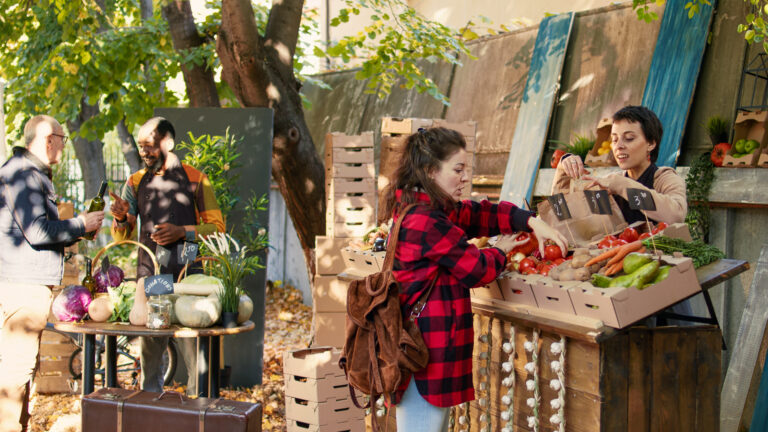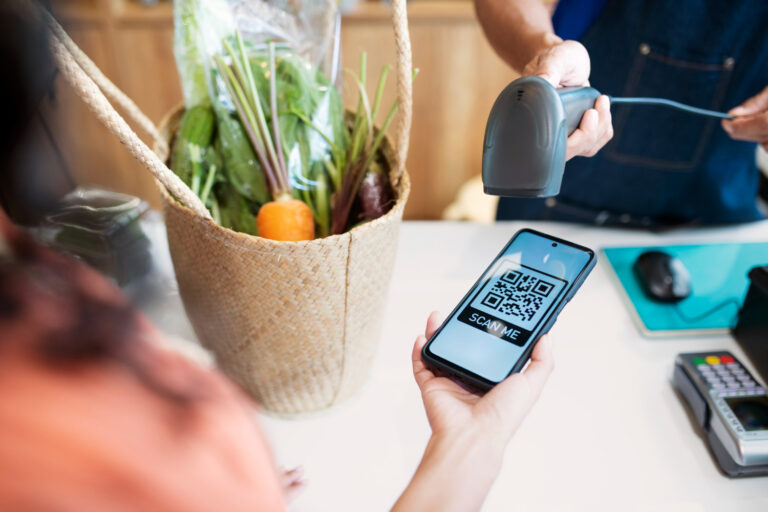On March 20-21, 2024, representatives from leading educational organizations gathered in Groningen, the Netherlands, for the first Transnational Project Meeting (TPM) of the Sustainable Learning initiative. This engaging and productive meeting marked the starting point of an ambitious collaboration focused on transforming education through sustainability, inclusivity, and innovative learning.
Day 1: Setting the Scene
The event kicked off with a warm welcome at Stee in Stad, where participants from multiple countries got acquainted over dinner at Cantina Mexicana. Icebreaker games set a relaxed tone, creating a collaborative atmosphere.

Day 2: Diving into the Program
Impact: Building a Vision
Discussions revolved around the Impact Tool, ensuring alignment across the project’s goals. Key insights emerged:
- A significant number of young people leave the education system prematurely, highlighting the need for inclusive approaches.
- Balancing formal and non-formal learning (NFL) is crucial for equipping youth with life skills.
- Educators require practical, accessible strategies to support learning outside traditional frameworks.
Success markers were defined, including enthusiastic learners, integration of outcomes in schools, and bridging gaps between formal and NFL methods.
Research (WP2): Laying the Groundwork
Led by the Dutch and Norwegian teams, the research work package explored methodologies for identifying best practices in sustainable learning.
- Informal learning will be incorporated to enrich results.
- A structured logbook for educators and youth will be trialed during upcoming activities.
- Social platforms like LinkedIn were recognized as valuable tools for gathering data and sharing insights.
By November, draft outcomes will be ready for further discussion.
Recognition (WP3): Aligning Terminology and Frameworks
Participants brainstormed definitions of skills, competencies, and knowledge, agreeing on a unified framework:
- Head: Knowledge acquisition (formal learning).
- Hand: Skill application (non-formal learning).
- Heart: Reflective competence (higher-level integration).
The Green Comp and Sustainable Development Goals (SDGs) were proposed as theoretical bases, with an emphasis on practical, accessible applications.
Exploring Local Innovations
The afternoon tours of WerkPro and De Prael showcased real-world examples of sustainability-driven social enterprises, reinforcing the program’s principles in action.
Day 3: Planning for Impact
Dissemination (WP5): Spreading the Word
Communication strategies included leveraging existing networks and social media platforms to maximize reach. Cultural context was emphasized for effective messaging, especially targeting educators. The team also worked on defining the project’s visual identity using Miro boards.
Project Management (WP1): Streamlining Collaboration
Efforts were made to enhance efficiency through centralized tools like Slack, ensuring transparent communication and streamlined workflows. Frem was appointed monitoring coordinator, tasked with ensuring deadlines and quality benchmarks are met.
Reflections and Next Steps
By the close of the TPM, the team had laid a solid foundation, aligning on the project’s vision, work packages, and priorities. Participants expressed satisfaction with the progress and clarity achieved, strengthening bonds for future collaborations.
As the project moves forward, these shared goals and newfound connections promise to transform the learning landscape, one sustainable step at a time.
Stay Tuned!
This is just the beginning of the Sustainable Learning journey. Follow our updates for insights, progress, and inspiration as we work toward a brighter future for education.



